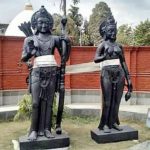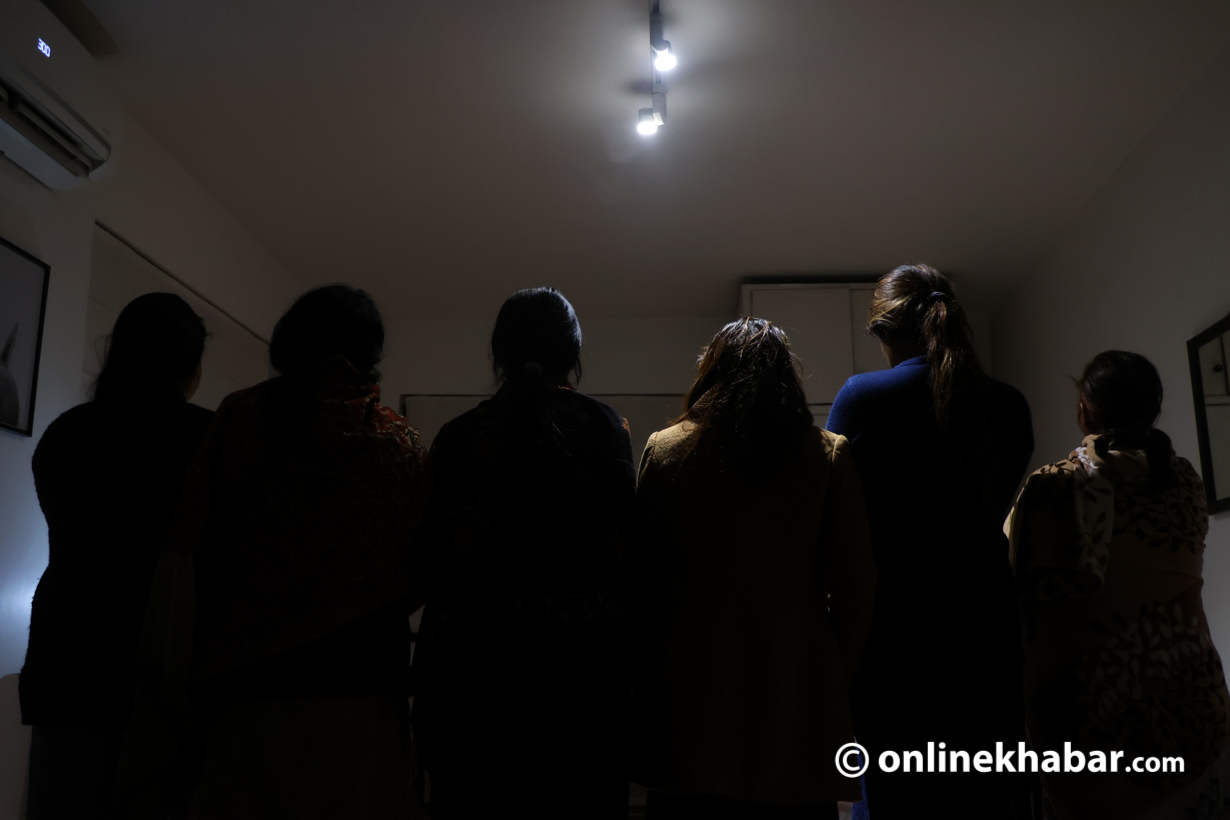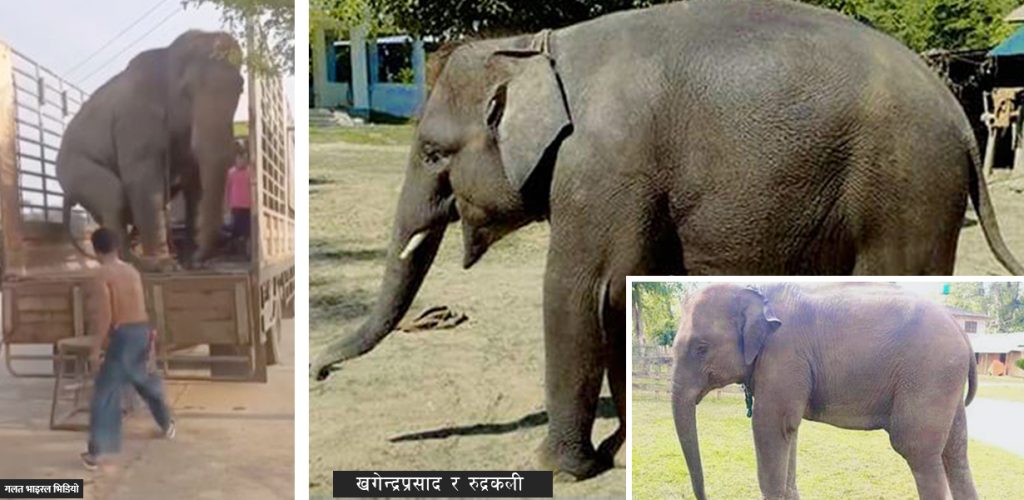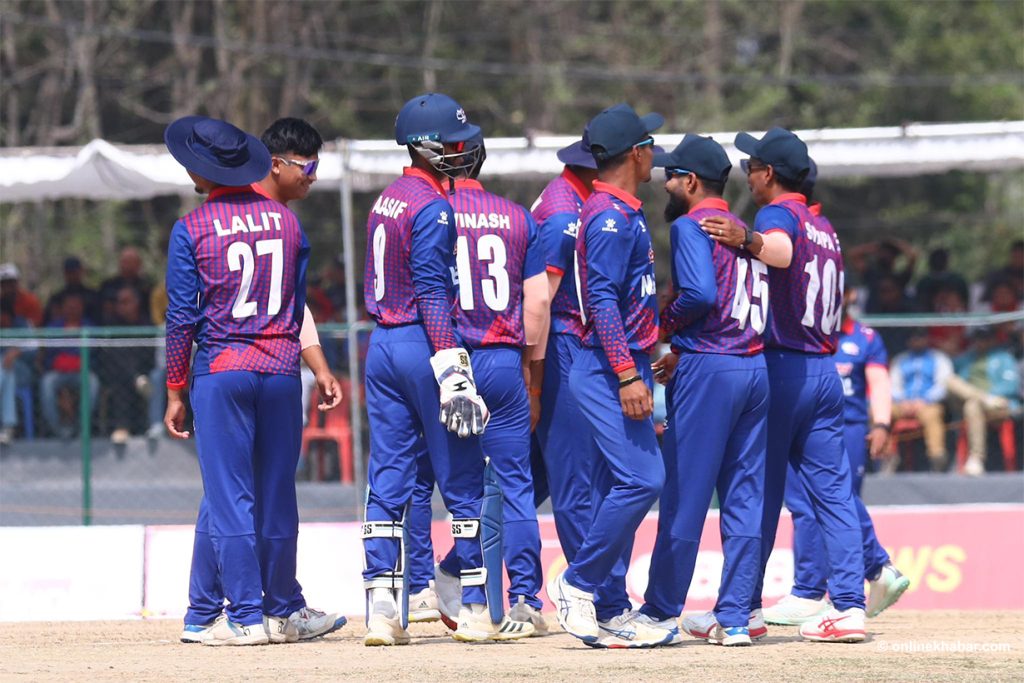
Senior Maoist leader and Home Minister Janardan Sharma ‘Prabhakar’ was one of the key negotiators from his party to thrash out a deal with the main opposition, the UML for an electoral alliance, and an eventual merger. Sharma, a former guerrilla commander, was also the brains behind the blitzkrieg against former CIAA boss Lokman Singh Karki. Onlinekhabar caught up with Sharma on Wednesday to talk to him about the new left alliance and how it will affect national politics.
Excerpts:
The UML and the Maoist leaders were not even in talking terms after your party withdrew from the Oli government. Everyone was surprised by the turn of events after Dashain. How was it possible?
The two parties, Maoist-Centre and the UML are the two main communist parties in Nepal. There was a time (during the Fourth Convention) when the ‘Maoist party’ was just a group inside the communist party and the UML (then Coordination Centre) was deemed ‘extremist’. Then there was a time when then CPN-ML gave the Fourth Convention the very same title. It was the current UML leadership that sowed the seeds of an armed rebellion through the Jhapa Movement, but we (Maoists) fought the People’s War. If you look at it that way, both parties have a history of armed struggle.
But in the aftermath of the People’s Movement and the promulgation of the new constitution, both parties now stand on a similar ideological platform. Both parties are now committed to the principles laid down by the new constitution: democracy, republicanism, secularism and proportional representation. Both parties also agree that Nepal now needs to move towards economic prosperity and socialism.
Even as we were heading towards the development of similar ideologies, we continued to exchange allegations and when we were in the same government, the coalition was broken due to some misunderstanding. But now, we have realised that the ideological differences no longer remain.
Leaders of the two parties were, until a few days ago, publicly criticising one another. What happened in the past few days that they decided to become allies?
Both Prachanda and Oliji have realised that both of them need each other. Both of them have accepted the existence of one another. I have already discussed earlier how that came about. Both of them saw the possibility of bringing stability and economic prosperity to Nepal. As both parties’ ultimate aim is to create a basis for a socialist state, the personal tussles and issues become insignificant.
Following the announcement of the unification, many people have asked who is the leader of the new party? Is it Oli or is it Prachanda?
We have agreed to form a committee to oversee the merger of the parties. Both Oliji and Prachanda will be the leaders of the party. Oliji will be Prachanda’s leader and Prachanda will be Oli’s leader.
We have noticed that the level of excitement over the impending unification is very low among the cadres. Don’t you feel the same?
After looking at the way both parties fought each other in the local elections, they would have thought that unification between the two parties was far-fetched. But if they analyse the ideological basis for this, they will feel more at ease.
They need to remember that Chairman Prachanda, in 2007, during the Kavre meeting had proposed that initiative be taken to enter into a merger with the UML, and the proposal was endorsed by the meeting. What happened a few days ago was a mere continuation of that proposal.
Your party is in a government whose Prime Minister is from the Nepali Congress. Your party also entered into an electoral alliance with the Congress during the local polls. Congress says it was immoral that you decided to call it quits.
The very first thing I want to stress is that the unification process does not amount to the betrayal of any sort. When two lovers decide to tie the knot, it cannot be called a betrayal. The Maoist party would never unite with the Nepali Congress so it cannot say that we betrayed them by agreeing to a unification with the UML.
We have been cooperating with the Congress when it comes to government. We are also not in the mood ti topple the government.
But the Congress had also said that an NC-Maoist electoral alliance was possible. Why did you decline the offer?
Yes, we did talk to the Congress about the electoral alliance. But we are not just entering into an alliance with the UML here, we are entering into a unification. We cannot say we want to unite with the UML and forge an electoral alliance with the Congress. The Congress could have raised a finger to us if we had just opted for an electoral alliance with the UML, but we are talking about the unification of the two parties here.
There are those who say that the alliance will be limited to elections and after that everything will unravel.
Everyone will have a different take on this. But what we say is that we are on a mission to create a single communist party in Nepal. The Nepali Congress can also do the same, we will not call it a betrayal.
So this government will conduct the elections, isn’t it so?
Yes, this government will conduct the elections. We cannot do anything if the Congress quits, but we are not in the mood to change anything.
Have the left parties also agreed to amend the constitution to make way for a directly elected executive President?
The UML also said it was in favour of an executive president. We have also said the same, and that is why this agenda will be included in the common election manifesto.
There’s a saying that Nepali Communist parties have split on petty issues such as ‘how to view the fourth wife of Mao’. In the context of the UML and the Maoists, the parties do not hold the same opinion on the People’s War and other political movements. How will you reconcile them?
A Communist Party always reviews its history. When we prepare the common manifesto we will also do that.





















